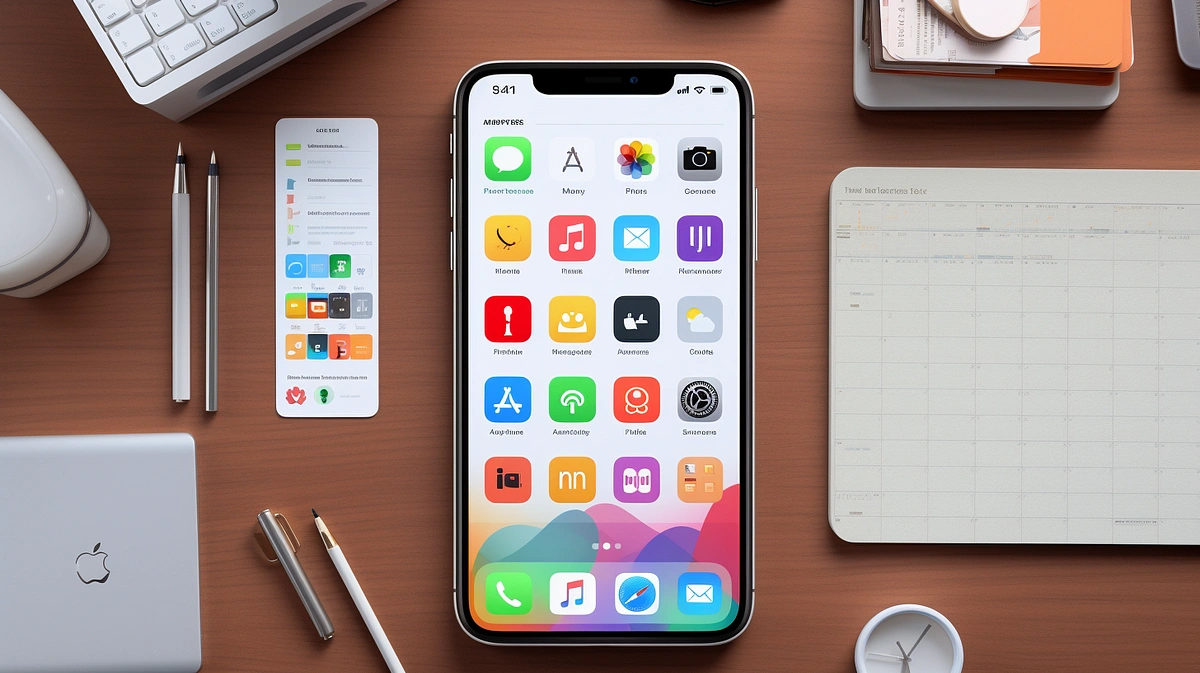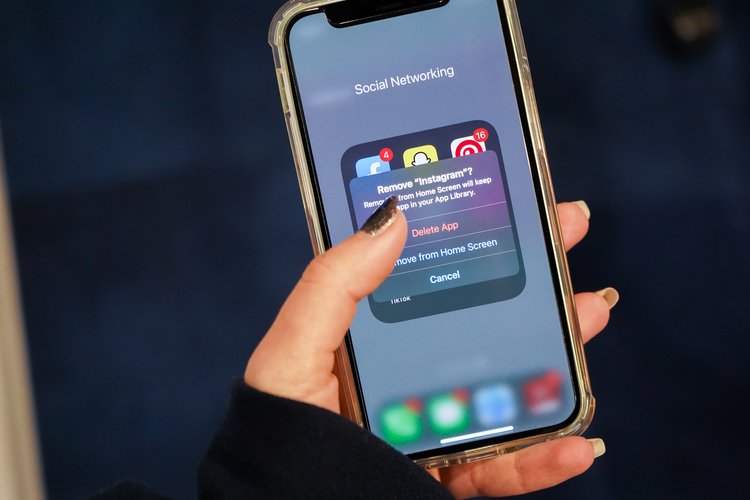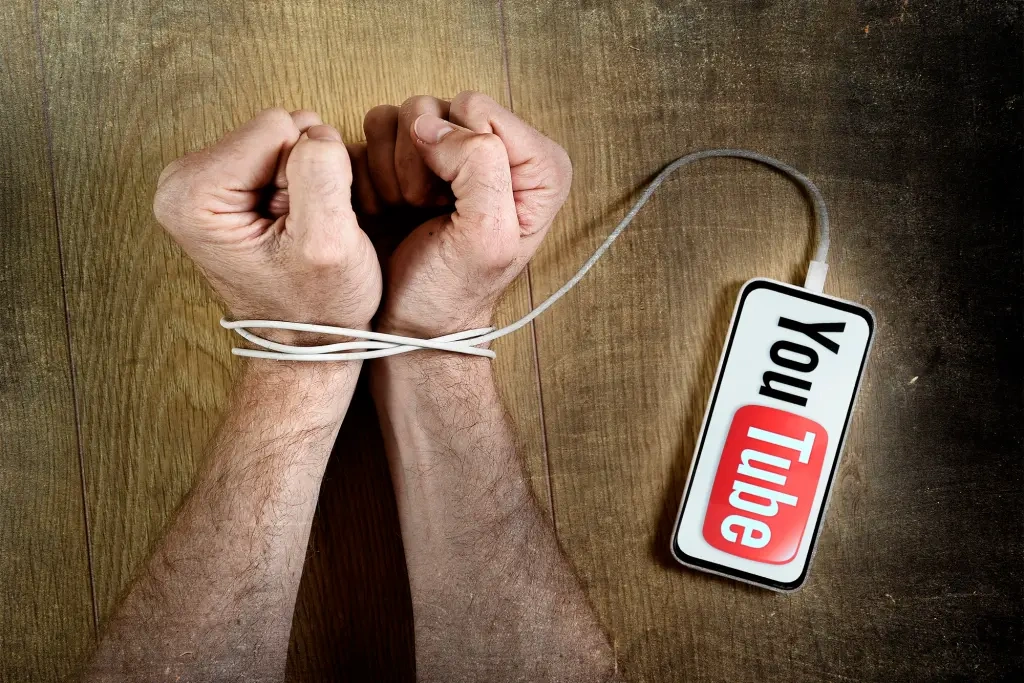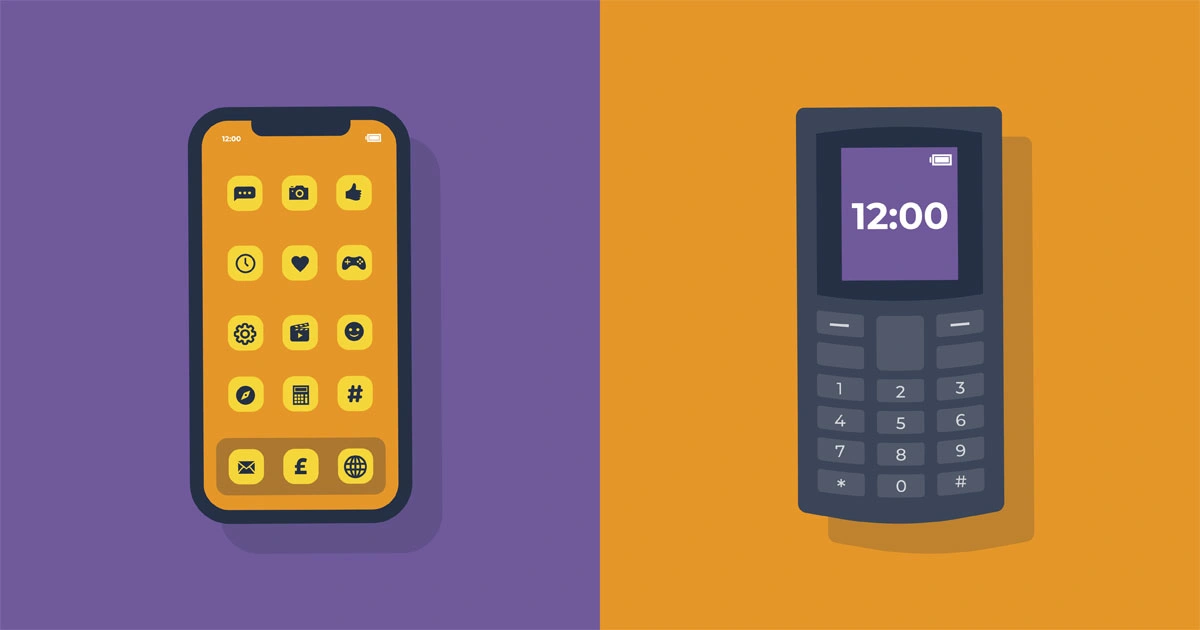Keeping your mind on a task is difficult, especially when you're surrounded by so many distractions. The modern world is always connected, and we are often tempted to check our social media or email notifications during quiet times. Being able to focus is crucial for learning, accomplishing goals, and performing well in many situations, as it can make the difference between success and failure. Here are some helpful techniques that you can use to focus more on your tasks.
Time-limited sprints
Time-limited sprints are a great tool for keeping focused while building big projects. When planning a sprint, make sure you have a clear goal for the two-week period. You can always change your plan if there's new information that requires additional time. The sessions are short, with two to three hours of work, and you should have a set amount of time to complete the tasks. It is important to remember that the sprint should be at a maximum of 90 minutes and that the rest period should be at least 20 minutes.
You can also set a timer to ensure that you don't get distracted from your work. Usually, a sprint lasts for about twenty to thirty minutes, so make sure you leave time to stretch your arms and take a break. Once you're back in the same mindset, set a timer and get back to work.
When planning a sprint, you should also keep the end date in mind. Depending on how much disparity exists between Sprints, the project may take a longer time to complete. This can also be due to motivation. It is very important to have a high level of motivation. If you don't know how to be motivated then you can follow these 3 tips to staying motivated.
Time-limited sprints will allow you to stay focused on what's important and prioritize your current tasks.
Tuning out specific distractions
Learning how to tune out specific distractions is crucial if you want to focus on your studies. Many things can distract us and cause us to lose our concentration. Tuning out these distractions is essential if you want to focus on your studies and pass your exams.
One common type of distraction is procrastination. Both internal and external distractions are common among students. It can be difficult to maintain focus while working, but there are ways to overcome this. For example, you can use positive imagery and remind yourself to stay on task.
Studies have shown that the brain circuit that filters out distracting sensory input is in the prefrontal cortex. The prefrontal cortex selectively suppresses sensory input in the thalamus, which is the site of most sensory information entering the brain. MIT neuroscientists have identified this circuit to explain how we tune out specific distractions.
If you study in a library, you might get distracted by someone texting. If you notice this happening, write down the specific distraction. Repeat this process every time you encounter the distraction. Eventually, you'll become more adept at handling distractions. When you learn how to manage your attention, you'll find yourself more focused and more productive. If you are struggling with Social media, don't worry, you are not the only one. Social media is designed to hook you in, but if you want to quit social media, you can download BeTimeful - an extension that blocks the News Feed allowing you to stay connected, not distracted!
BeTimeful is available on IOS & Android to hide your News Feed so You Stay Connected, Not distracted Unless you need a timed break before your time is up!
- Hide News Feed of You Instagram, YouTube, Linkedin 🔥
- Hide Any Apps From Your Phone 📱
- Take Timed Breaks Before Your Time is Out ⏱
- Available Across All Your devices 📱💻
So try out BeTimeful for Free!
To reduce distractions while studying, you can use headphones with noise-canceling capabilities. You may want to try instrumental music or classical music. These types of music will help you focus better. You can also try playing white noise or listening to ambient music. Either way, try to make your environment as quiet as possible.
Writing a study to-do list
Writing a study to-do list is a great way to stay on top of your studies and prevent yourself from getting distracted. Juggling multiple projects and deadlines can be stressful. Juggling many things at once can be even more stressful. Making a study to-do list helps you focus on your studies by letting you know what's most important and when to get back to work. This method also helps you to hold yourself accountable and improve your memory and concentration.
Having a detailed study plan is essential to success. It makes it easier to assess your progress. For example, instead of writing "do math assignment, questions one to three," write "do questions 1 to 3 on this math assignment." Having a more specific study plan helps you stay focused and prevents interruptions from ruining your study sessions. Another helpful study tip is to post your schedule somewhere you can easily see it, which will make you more accountable to yourself.
Another great study technique is writing down competing thoughts. This can be helpful when you are working on a difficult topic, such as a biology exam. By writing down your thoughts, you'll have a way to remember everything, even when you're distracted. You can also add some movement into your study time to get your blood flowing and keep your energy up. There are a lot of top productive tools you can use to better effectively use this method and manage your time to be more organized.
Writing a study to-do list can also help you overcome procrastination. Procrastination is a common problem among students, as tasks can become overwhelming. Breaking large projects into smaller tasks can help you stay motivated, as the smaller tasks will be easier to manage. Also, you can break up your study sessions to make them more manageable, which can help you retain information better. Taking regular breaks can also help you stay focused on your studies.
Taking a break to reflect
Taking a break to reflect on studies and tasks is very helpful to improve focus and concentration. Taking five to ten minutes after focusing on a task to review your work is an excellent idea. You can use this time to mark what you have understood, what you are still unclear about, or what you have completed.
The importance of a break to reflect on your studies is often overlooked, but it can greatly improve productivity and concentration. It's important to remember that the end result is often out of your control, and taking a break to reflect on your work can give you a fresh perspective and improve your chances of success.
When you take breaks, be sure to do something that you enjoy. For example, if you are working on a project that requires you to focus for long periods, a break can help you come up with new ideas. Taking a break is also a great way to boost your productivity by making a positive emotional state. If you are looking to be more productive then these productivity tips might help you to achieve that goal.
It is also important to get out of the room and walk around the park. Spending time in nature is beneficial to the mind and boosts creativity. While you are doing this, try to avoid talking about work and try not to let your thoughts wander. You can also take a nap to boost your energy levels.
Rewarding yourself for achieving goals
If you want to improve staying focused while studying, reward yourself for small wins. These small achievements can be anything from a small paycheck to a prize or recognition. Just remember to be consistent in your reward. The more you reward yourself for your efforts, the more likely you will be to continue.
Creating small goals will encourage you to stay on task and will motivate you to achieve larger ones. It will also build your self-esteem and make you proud of your work. Knowing that you will be rewarded for achieving a small goal will motivate you to complete the task.
Check out BeTimeful's other resources to help you balance technology with your life:
- Discover the best productivity tips
- Learn how to stay motivated
- Discover top productivity coaches
- Find top time management tools
- Discover ways to stay focused
- Learn about why you can't focus
- Discover why it may be time to quit social media
- Discover ways to quit social media
- How to remove Instagram Feed or how to remove YouTube shorts.
- How to double. your sales as a realtor in half the time? Checkout Top 5 Apps for Realtors to Drive Sales in 2023
- If you have an issue with YouTube we wrote this article for you on YouTube Addiction or learn how to stop watching YouTube.














